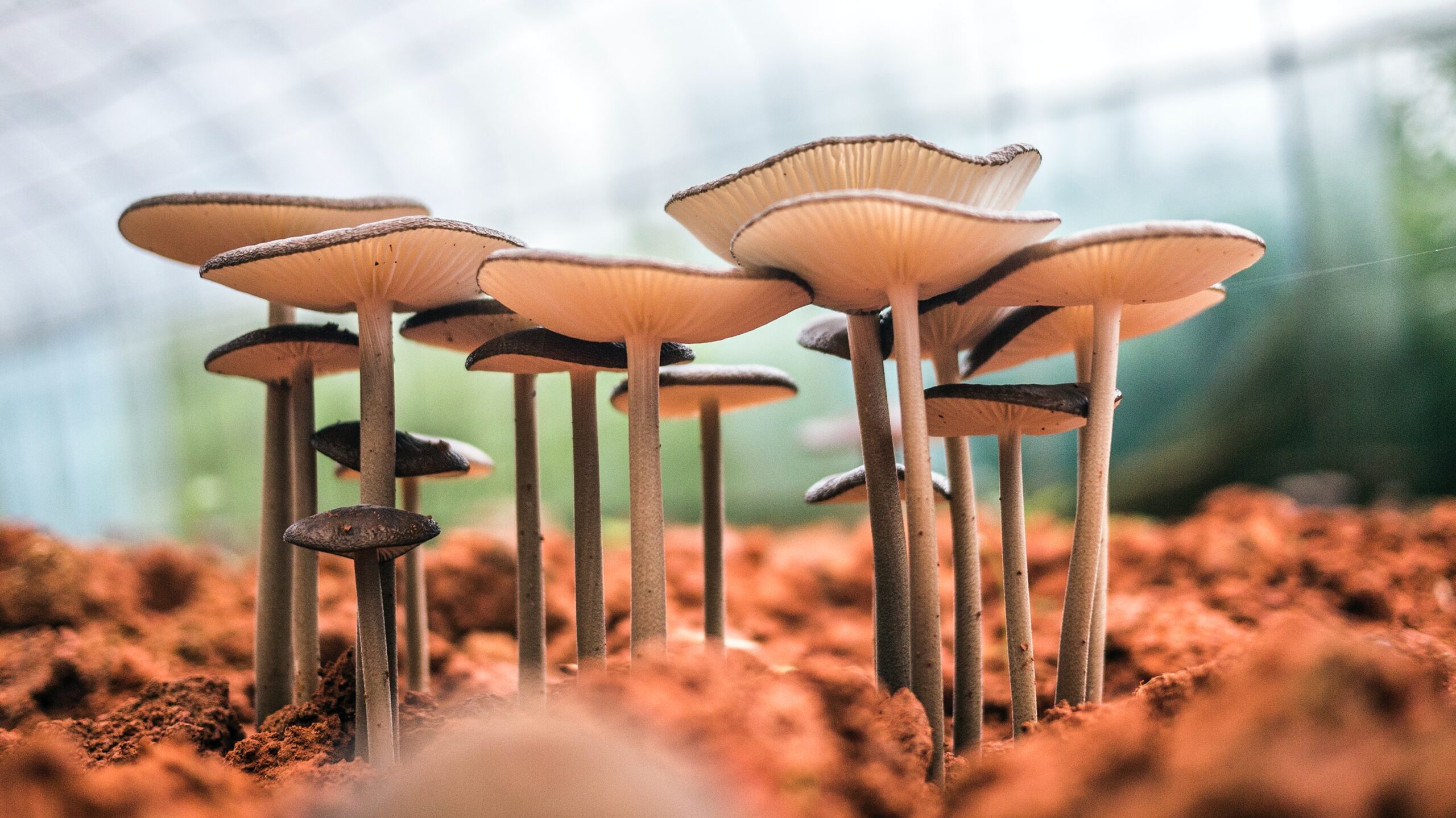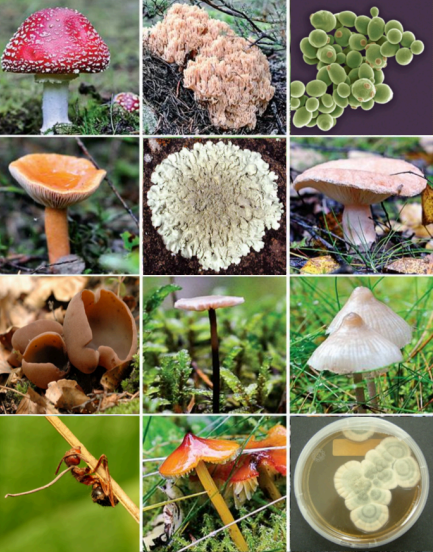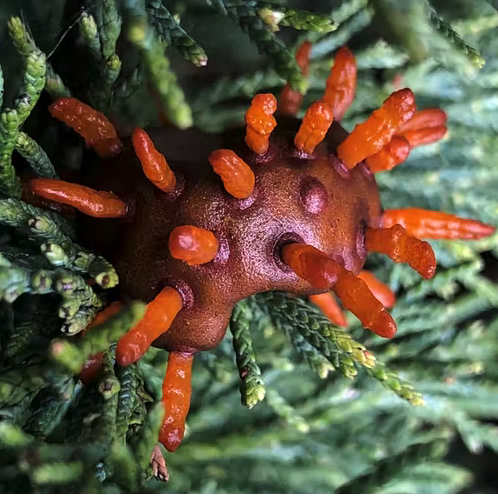
OurResources.
Resources
Guide for Organizations Adopting a Mycologically Inclusive Approach
This document provides a summary of the pivotal role fungi play in ecosystems and conservation efforts, and how mycological language can be adopted within any organization.
Delimitation of Funga as a valid term for the diversity of fungal communities: the Fauna, Flora & Funga proposal (FF&F)
As public policies and conservation frameworks for biodiversity evolve, a term equivalent to Fauna and Flora is needed for the fungi kingdom. This is necessary in order to simplify projects aimed at achieving educational and conservation goals. In an informal meeting held during the IX Congreso Latinoamericano de Micología by the article’s authors, conversations on the need to clarify this matter led to an extensive search of pertinent terminologies. As a result of these discussions and reviews, the authors propose that the word Funga be employed as an accurate and encompassing term for the fungi kingdom. This lends itself to the three Fs proposal — Fauna, Flora and Funga — which highlights the parallel terminology referring to these macrorganisms in particular geographical areas. Alternative terms and proposals are acknowledged and discussed.
State of the World's Fungi report (2018)
Kew released the first ever State of the World’s Fungi report revealing how important fungi are to all life on Earth.
The facts and figures contained in the pages of the 2018 State of the World’s Fungi report and its website will likely come as a complete revelation to many people. The first of their kind in terms of outlining the state of the world’s fungi, these materials highlight just how important fungi are to all life on Earth. It is clear that fungi should be viewed on par with the plant and animal kingdoms and that we have only just started to scratch the surface of this incredible and diverse group of organisms. When reading these materials, it also becomes apparent that when looking for nature-based solutions to some of our most critical global challenges, fungi could provide many of the answers.
Produced in conjunction with an international scientific symposium, Kew’s State of the World’s Plants and Fungi report sets an important international standard from which we can annually track trends in the global status of plant and fungal diversity. This is the fourth report in the State of the World’s series, which combines discussions of both plants and fungi.
It is hard to motivate people to care about something they do not know about or understand. And it’s difficult to establish effective conservation programs for organisms that are mysterious even to scientists. But people who care about fungi are trying. In addition to the IUCN Fungal Conservation Committee which coordinates global fungal conservation initiatives, various NGOs and nonprofits advocate for fungi.






